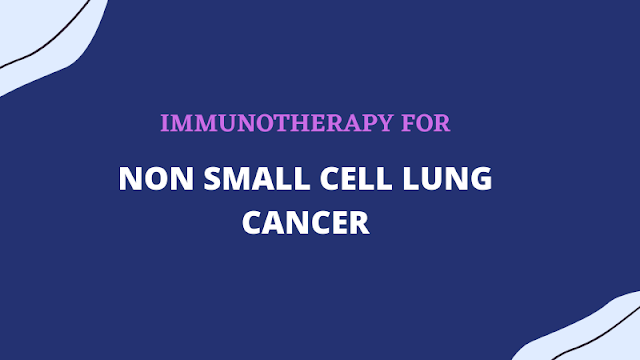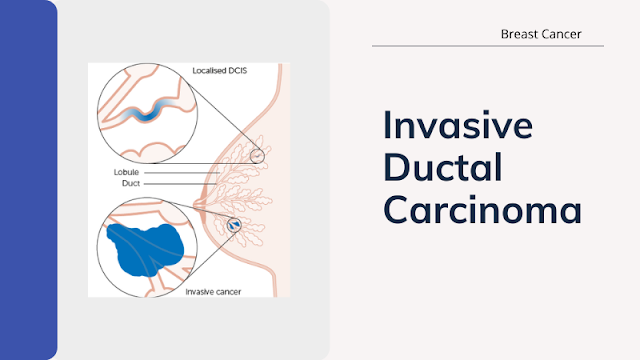Immunotherapy for Non-Small Cell Lung Cancer
Immunotherapy is the process by which a patient’s immune system is made efficient to recognize and attack the cancer cells. That being said, it must also be mentioned that the immune system is perfectly capable of keeping itself from targeting the normal cells. How? The checkpoint proteins on the immune cells are like switches that are required to be turned on and off so that the immune system refrains from attacking them. The cancer cells apply the same trick to avoid getting attacked as well. Immunotherapy drugs, also known as checkpoint inhibitors, target these checkpoints to treat patients with non-small cell lung cancer.
PD-1/PD-L1 inhibitors
- The PD-1 protein on specific immune cells is targeted by drugs such as Nivolumab and Pembrolizumab. Their role is to block the PD-1 protein in order to boost the immune response against cancer cells to shrink the tumor and slow down their growth.
- The PD-L1 protein is found on the surface of both tumor cells and immune cells. Atezolizumab is an immunotherapy drug that helps to block the PD-L1 protein action, which will help prevent cancer from growing or spreading.
Note that both Pembrolizumab and Atezolizumab are effective with or without chemotherapy and can also be prescribed as the first treatment in patients who have been diagnosed with advanced non-small-cell lung cancer. The same goes for Nivolumab as well, but it is prescribed along with the CTLA-4 inhibitor Ipilimumab. Not only that, but doctors also prescribe Nivolumab in combination with chemotherapy in some cases.
All the above-mentioned drugs effectively treat certain types of metastatic NSCLC where cancer has relapsed after chemotherapy or drug therapies. For example, patients who have been diagnosed with Stage III non-small cell lung cancer and cannot go for chemotherapy with radiation or surgery can be given Pembrolizumab as the first-line treatment.
Mention may be made of another drug in this context- Durvalumab, which can also target the PD-L1 proteins. It is prescribed for patients with Stage III NSCLC, where cancer cannot be removed by surgery and has not become worse after receiving chemoradiation.
CTLA-4 inhibitors
In this category, the immunotherapy drug called Ipilimumab deserves special mention. It is capable of boosting immunity response by blocking the CTLA-4 protein found on T cells. It is given along with the PD-1 inhibitor Nivolumab with or without chemotherapy.
Conclusion
All these drugs are useful in different scenarios. Therefore, proper laboratory tests are conducted on the cancer cells to determine whether they have a certain amount of PD-L1, CTLA-4, and PD-1 proteins.
FAQs
What are the lungs?
The lungs specifically are a pair of organs that your body considers in order to breathe. They exist inside the chest. The lungs help in bringing the fresh oxygen into the body and push CO2 out of the body.
What is lung cancer?
In cancer, the body's cells basically grow in an uncontrolled way. Lung cancer begins in the lungs but may spread to other organs of the body. Lung cancer is often, but not always, caused due to smoking or exposure to the second hand smoke.
What are the risk factors for lung cancer?
Some risk factors for lung cancer may include:
- Smoking
- Second-hand smoke
- Exposure to the radon gas, a natural gas
- Exposure to certain cancer-causing elements such as asbestos and arsenic
- Family history of lung cancer
What are the symptoms of lung cancer?
Certain symptoms of lung cancer may include:
- Persistent cough
- Difficulty breathing
- Coughing up blood
- Chest pains
- Shoulder/arm pain
- Difficulty swallowing
- Hoarseness
- Unexplained weight loss
- Changes in a chronic cough
A few individuals who have lung cancer may not have any signs and symptoms until the advanced stage disease.
What are some of the types of lung cancer?
- Non-small cell lung cancer (NSCLC)
- Small cell lung cancer (SCLC)
NOTE: The piece of information mentioned about "Immunotherapy for Non-Small Cell Lung Cancer" in this article is just for informational purposes and is not served as a substitute for medical treatment, consultation, diagnosis of a qualified doctor.




Comments
Post a Comment